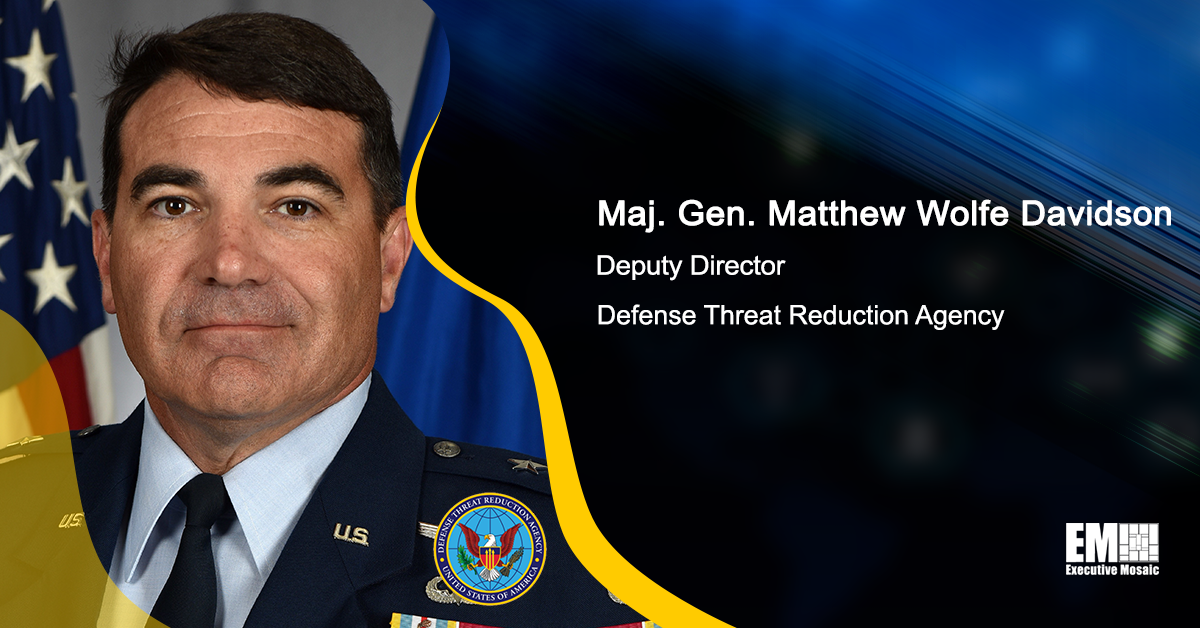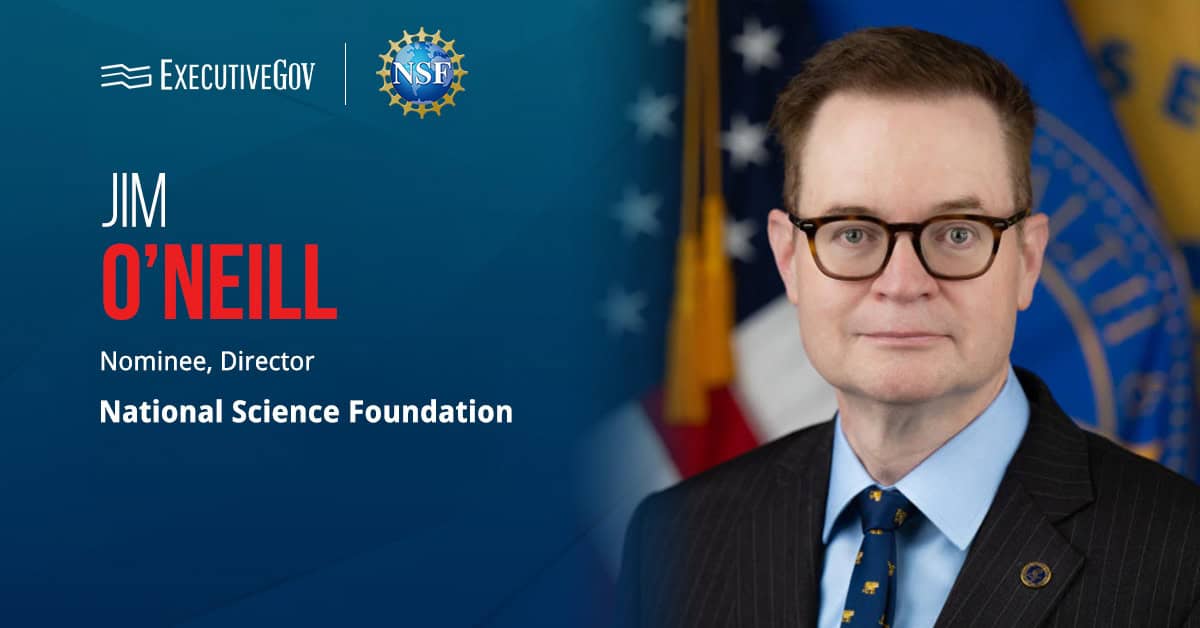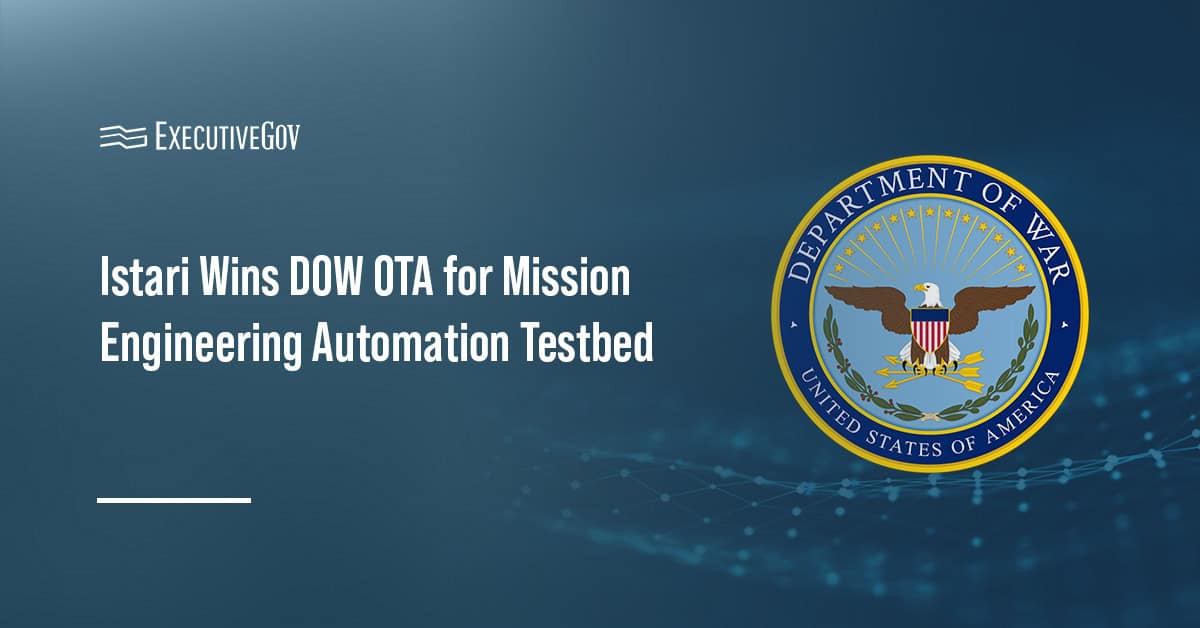U.S. Air Force Maj. Gen. Matthew Wolfe Davidson, former deputy commander of Air Force Special Operations Command, has been named deputy director of the Defense Threat Reduction Agency, DVIDS reported Thursday.
He will lead the Department of Defense’s combat support agency focused on preventing the proliferation of weapons of mass destruction and supporting the U.S. nuclear enterprise.
Davidson is a career Air Force officer and has commanded at the squadron, group and wing levels. He was the deputy commanding general for Special Operations Joint Task Force-Afghanistan and executive officer to the Air Force Chief of Staff.
He has also led air, space and special operations forces during multiple military operations worldwide.
Davidson said he will represent the agency to other DOD components and partner nations looking to expand their programs countering weapons of mass destruction.





